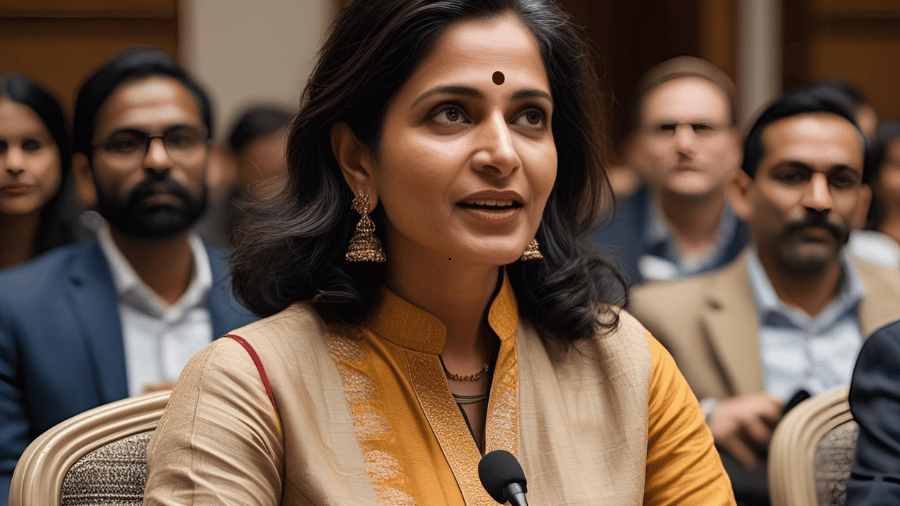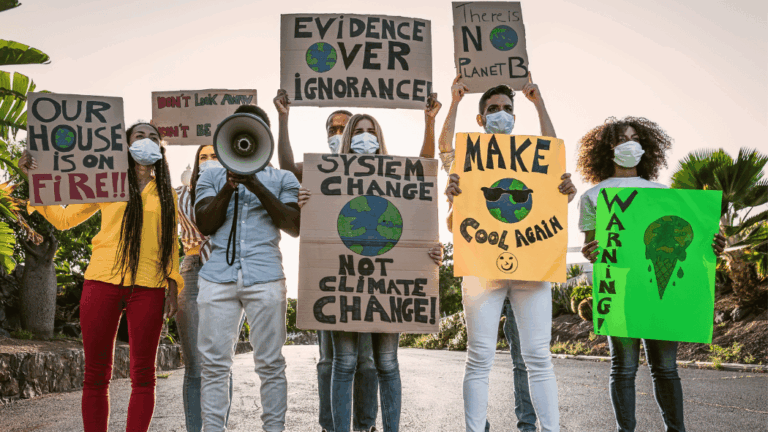Visionary Voices: Conversations and Stories with the Changemakers Shaping Tomorrow

In a world constantly shaped by innovation, disruption, and uncertainty, the stories we tell—and who gets to tell them—matter more than ever. Visionary Voices is a storytelling space where ideas and impact converge. Here at The Visionary Spark, we believe in going beyond surface-level coverage of success. Instead, we dig deeper into the journeys, mindsets, values, and visions of those transforming business, communities, and systems through bold, intentional leadership. This section is dedicated to capturing the human essence behind innovation.
Each profile in Visionary Voices is rooted in authenticity. These are not just career highlights or startup milestones. They are unfiltered leadership narratives of resilience, reinvention, and responsibility. From founders of climate-tech startups in Nairobi to educators building digital equity platforms in rural India, the changemakers we feature represent a growing class of leaders who are motivated not by fame or funding rounds but by the desire to create long-lasting positive change.
Our mission is to document these stories in their full complexity. Visionary leadership today means navigating intersectionality, global crises, cultural nuance, and ethical dilemmas—all while building inclusive teams and sustainable growth models. These voices rarely get amplified in traditional media, especially when they come from women, underrepresented entrepreneurs, or founders in the Global South. The Visionary Spark exists to change that narrative.
Take, for example, the story of Tanya Ridgeway, a neurotechnology entrepreneur from the UK whose startup, NeuroBridge, is transforming how communities in underserved countries detect and manage early neurological disorders. Tanya’s company could have gone the route of profit-first luxury tech. Instead, she chose to partner with public health systems across Africa and Southeast Asia, creating an inclusive model where innovation serves accessibility. When we spoke to her, she emphasized that true leadership meant making uncomfortable decisions that aligned with values, not just with investor expectations.
In India, we met Nandita Saran, the founder of MindMesh, a mental health platform for adolescents. After experiencing mental health challenges herself, Nandita saw the gaps in India’s education system regarding emotional intelligence and mental well-being. MindMesh now works with over 2,000 schools across the country and partners with grassroots NGOs to ensure mental health resources reach even the most remote communities. She spoke candidly about how being a young woman founder meant fighting through cultural resistance while still leading with vulnerability and openness. Her story is a reminder that courage and compassion are not mutually exclusive in leadership.
Another perspective came from Jamila Noor, a Kenyan architect-turned-founder of UrbanRise, an enterprise that reimagines affordable, climate-resilient housing for informal settlements. Jamila’s model brings together indigenous construction wisdom and modern engineering to build homes that are both sustainable and cost-effective. Her company hires local women masons, promoting economic agency in communities traditionally left out of development plans. What makes her story powerful is not just her vision but the way she activates communities to co-create that vision.
These stories of visionary leadership are essential because they reflect a paradigm shift. The changemakers of today do not separate business goals from social impact. They lead startups, non-profits, and hybrid ventures that blur the lines between sectors, operating from a place of integrated purpose. Many of them are building in spaces traditionally ignored by mainstream venture capital: maternal health, food equity, water access, neurodiversity, inclusive finance, and sustainable agriculture. Their work might not make headlines on IPO day, but it is making history.
Leadership in 2025 is no longer confined to the boardroom. It happens in community clinics, on farm fields, at refugee camps, in coworking hubs, and on digital platforms connecting people across borders. The leaders we feature in Visionary Voices often work across multiple time zones, languages, and cultural systems. They operate in uncertainty, yet their vision remains clear. They are not perfect, and they don’t pretend to be. They are transparent about their failures and use those moments to build credibility and trust.
The global context also matters. Women in Afghanistan building educational networks despite systemic oppression, youth climate advocates in the Philippines using blockchain for tree planting transparency, and women-led collectives in Colombia turning conflict zones into cooperative farms—these are not only visionary stories, but stories of resistance and reinvention. Platforms like ours are responsible for ensuring that these narratives get the same spotlight as Silicon Valley disruptors or elite tech conferences.
We’ve found that the one trait these leaders share is intentionality. Whether it’s in how they build their team culture or choose funding partners, everything stems from alignment with values. A recurring theme across our interviews is how much effort it takes to stay small to think big—meaning founders often resist scaling too quickly if it means compromising impact or sustainability. They focus on quality, depth, and measurable impact, often forming coalitions with local leaders, community elders, and social workers to co-design solutions.
As a publication, The Visionary Spark is not just curating content; we are building community. Through Visionary Voices, we aim to connect our readers with real people making real impact. We encourage startups, educators, investors, policy professionals, and students to use this space as a learning hub. Each story includes not just an interview or essay but context, insight, and resources. We often link to related initiatives, toolkits, podcasts, and partner organizations, such as UN Women, She Leads Africa, or Women’s Startup Lab to expand awareness and support networks for women in leadership.
What makes Visionary Voices unique is the way we frame leadership. It’s not about charisma or social media following. It’s about contribution. It’s about being bold enough to take responsibility for a larger cause. The women and men we feature are not waiting for perfect conditions or systems to change—they are building new systems in real time. Their leadership is contagious in the best way possible: it invites others in, builds bridges across difference, and gives people the tools to act.
To support these leaders, we’re introducing a bi-weekly spotlight series where readers can recommend changemakers in their local regions. Whether it’s a founder, artist, teacher, or grassroots organizer, if their work embodies visionary leadership, we want to hear from them. The process will be inclusive, transparent, and collaborative.
This is also your invitation to be part of the story. Comment, connect, share, and amplify the voices you read here. Share their tools. Tag a friend. Start a conversation in your community. Because the future isn’t just built by those who make headlines—it’s built by those who share stories.
If you’re new to The Visionary Spark, we also recommend checking out our other highlights, including Game-Changers 2025, Bold & Impactful, and The Future Now. Each section offers a unique lens into how leadership, technology, and purpose are intersecting to shape new possibilities.
In conclusion, visionary leadership is not a title—it’s a choice. It’s how you lead when no one is watching, how you stay grounded while building global change, and how you define success on your own terms. Visionary Voices will continue to celebrate these stories not as exceptions but as the new standard for leadership in 2025 and beyond.





